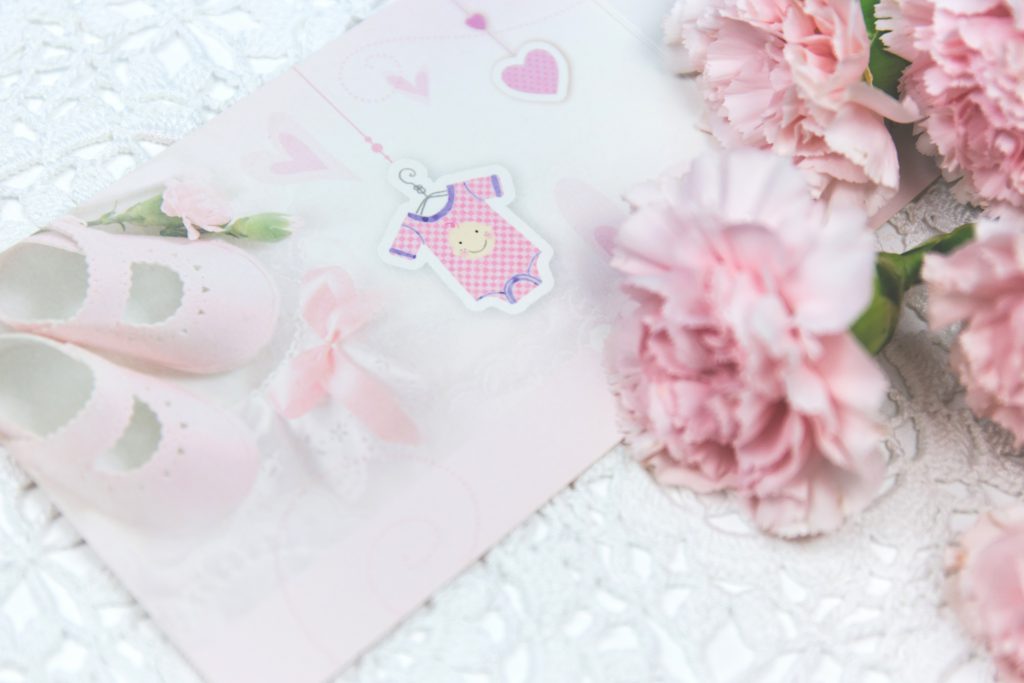4 Guilt Free Gautrain Airport Schedule Tips
페이지 정보
작성자 Taren 댓글 0건 조회 12회 작성일 24-03-02 09:34본문
 Introduction:
Introduction:This study aims to provide a detailed analysis of the Pedi traditions, a Bantu-speaking ethnic group residing in the northeastern regions of South Africa. The Pedi people have a rich cultural heritage that encompasses various aspects of their daily lives, including social practices, religious beliefs, and traditional ceremonies. This report will delve into the key elements of Pedi traditions, shedding light on their historical significance and contemporary relevance.
Historical Background:
The Pedi people, also known as the Bapedi or Northern Sotho, have a long and complex history that dates back centuries. They are believed to have migrated to their current homeland in the Limpopo Province during the 16th century. The Pedi society was organized into various chiefdoms, with each chief responsible for governing their respective areas. These chiefs played a crucial role in preserving and passing down the cultural traditions of the Pedi people from generation to generation.
Social Practices:
The Pedi society places great emphasis on communal living and interdependence. They have a strong sense of community and prioritize the well-being of the group over individual needs. Social practices such as communal work, known as "dikgoro," are still prevalent among the Pedi people. This practice involves members of the community coming together to assist each other in various tasks such as farming, construction, and other community projects.
Religious Beliefs:
The Pedi people have a deeply rooted spiritual belief system that combines elements of ancestral worship, animism, and Christianity. They believe in the existence of a supreme being called Modimo, who is the creator and sustainer of all life. Ancestral spirits, known as "badimo," are also revered and play a significant role in the Pedi religious practices. The Pedi people hold various ceremonies and rituals to honor and communicate with their ancestors, seeking their guidance and protection.
Traditional Ceremonies:
Pedi traditions are often celebrated through colorful and vibrant ceremonies. One of the most prominent ceremonies is the initiation ceremony for young boys, known as "lebollo la basadi" or "bogwera." During this ceremony, boys are taught essential life skills, cultural values, and responsibilities. Another significant ceremony is the "dikgafela" ceremony, which marks the transition of young girls into womanhood. These ceremonies serve as important rites of passage and play a vital role in preserving the cultural identity of the Pedi people.
 If you have any kind of concerns regarding where and exactly how to use where was gold discovered, you could call us at our web-site. Contemporary Relevance:
If you have any kind of concerns regarding where and exactly how to use where was gold discovered, you could call us at our web-site. Contemporary Relevance:Despite the influences of modernization and westernization, Pedi traditions continue to hold significance in the lives of the Pedi people. The preservation of their cultural heritage is seen as a way to maintain a sense of identity and pride. Efforts are being made by the community and various cultural organizations to ensure the transmission of Pedi traditions to future generations. Cultural festivals, language preservation initiatives, and the establishment of cultural centers are some of the measures being taken to safeguard and promote Pedi traditions in contemporary times.
Conclusion:
This study has provided a comprehensive overview of the Pedi traditions, highlighting their historical background, social practices, religious beliefs, and traditional ceremonies. The Pedi people have a strong cultural identity deeply rooted in their traditions, which continue to play a significant role in their lives. By understanding and appreciating these traditions, we can gain valuable insights into the rich cultural diversity of South Africa and the importance of heritage preservation in a rapidly changing world.

댓글목록
등록된 댓글이 없습니다.

